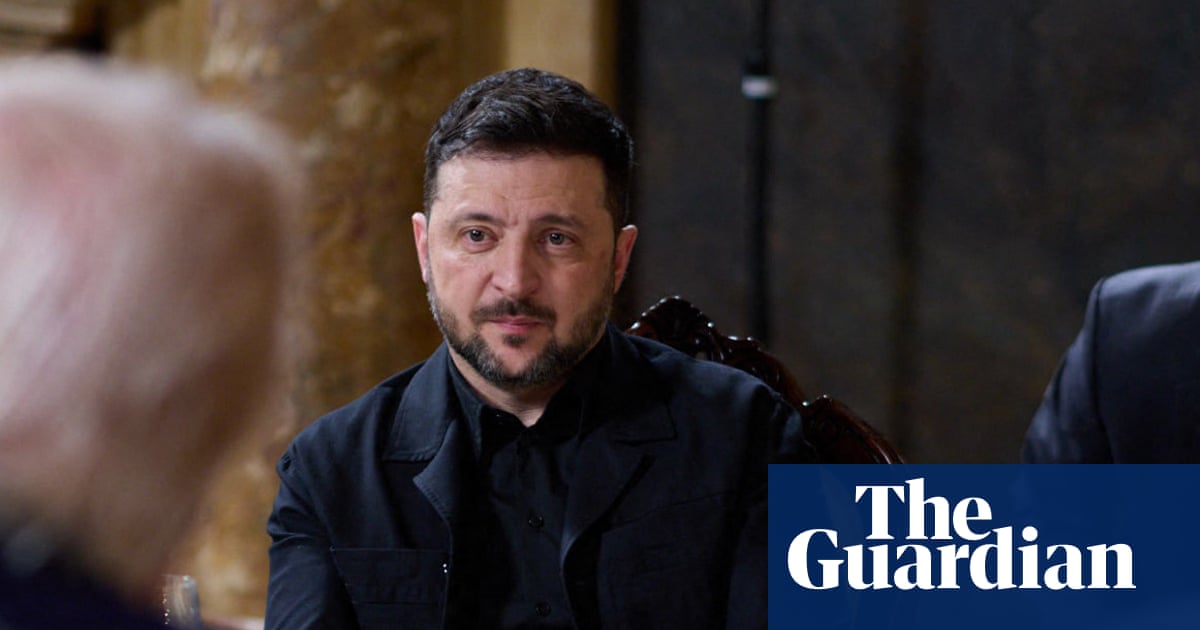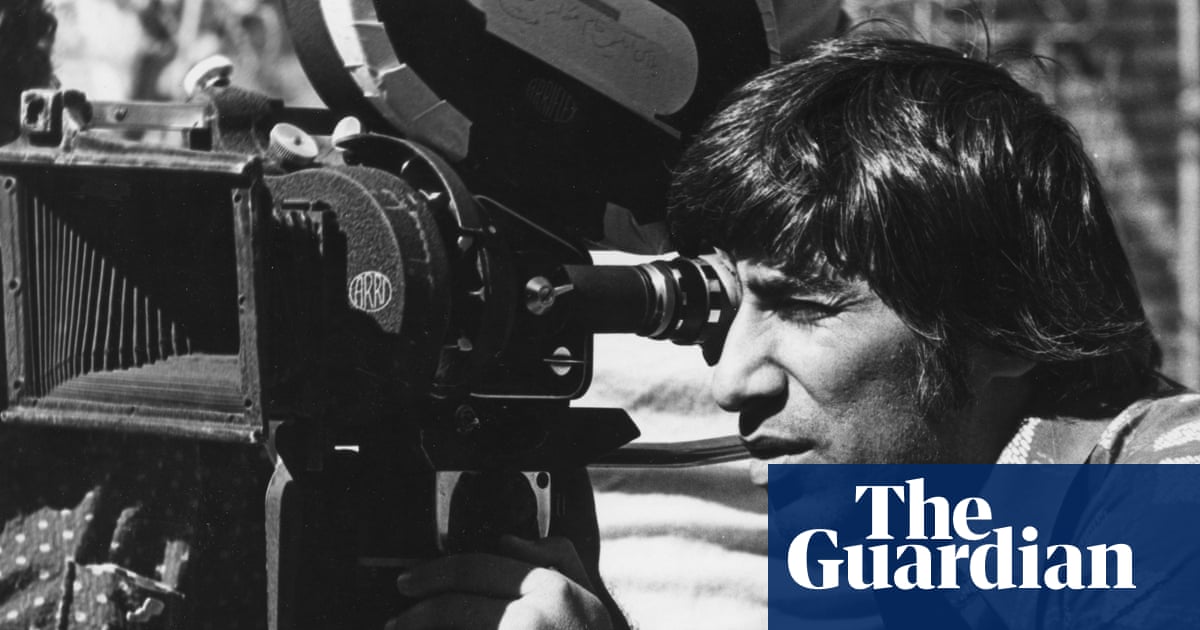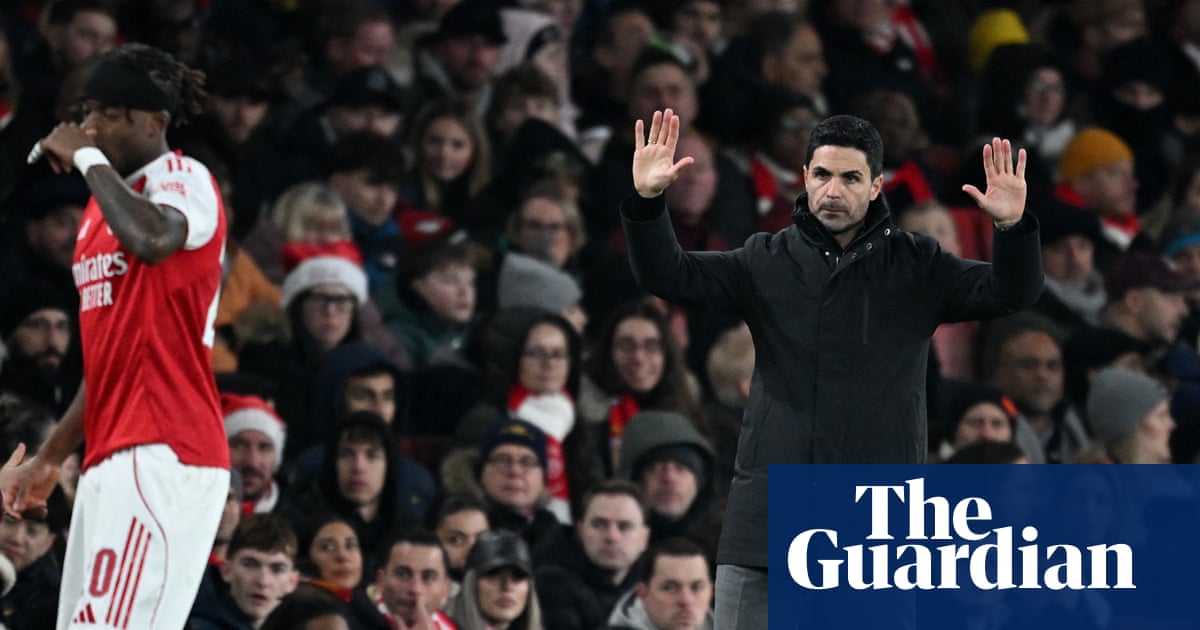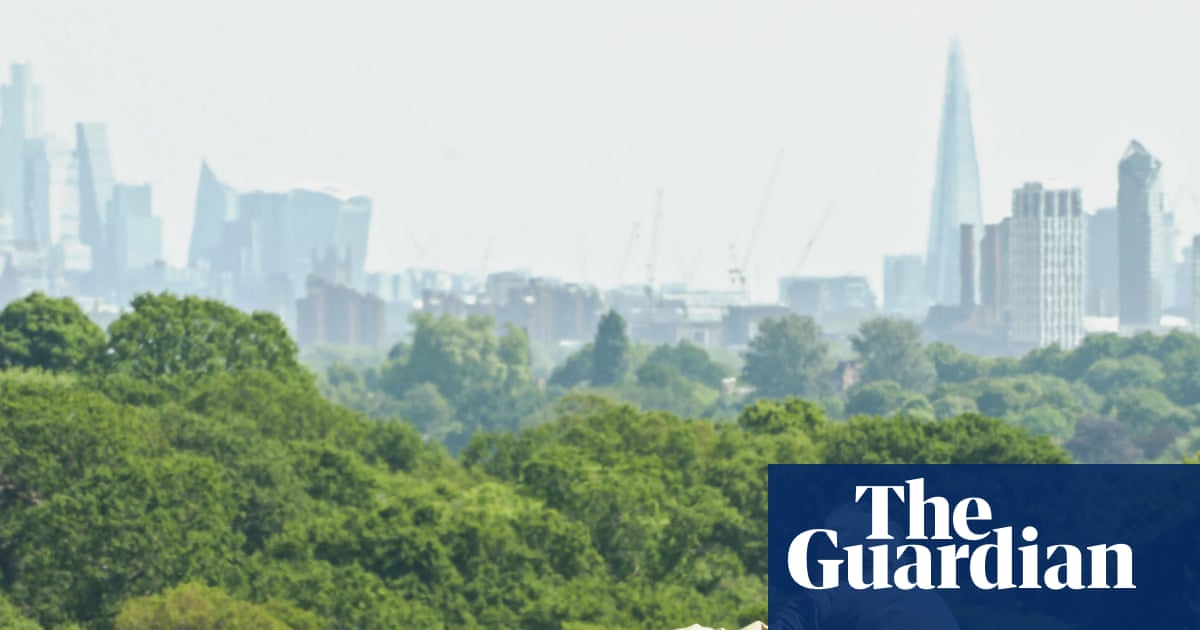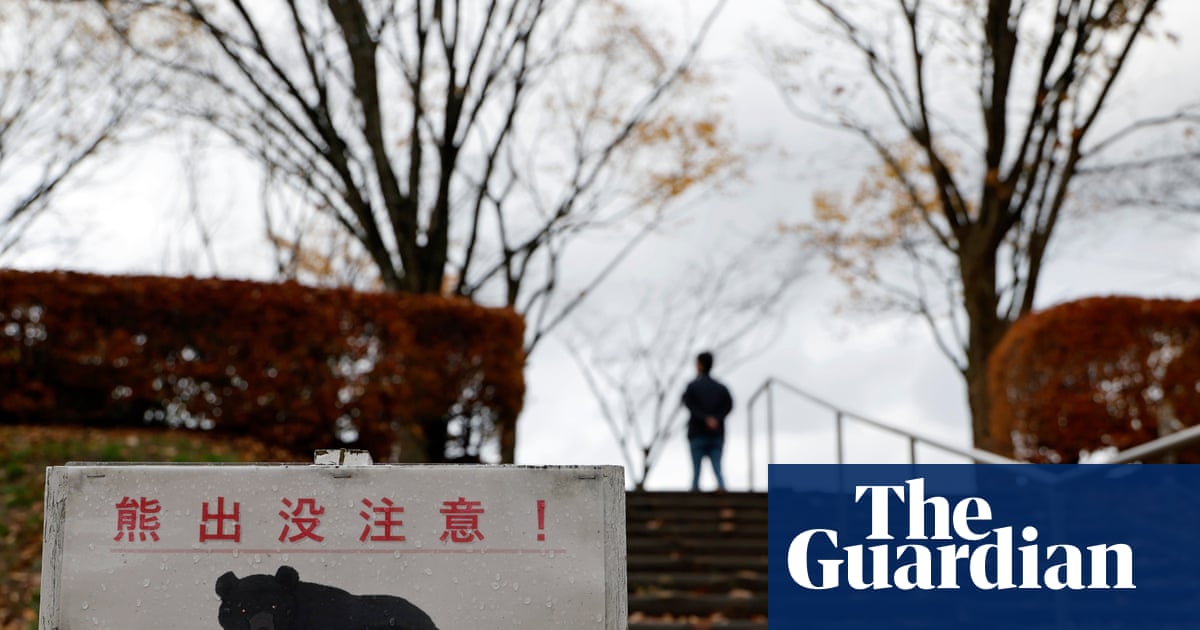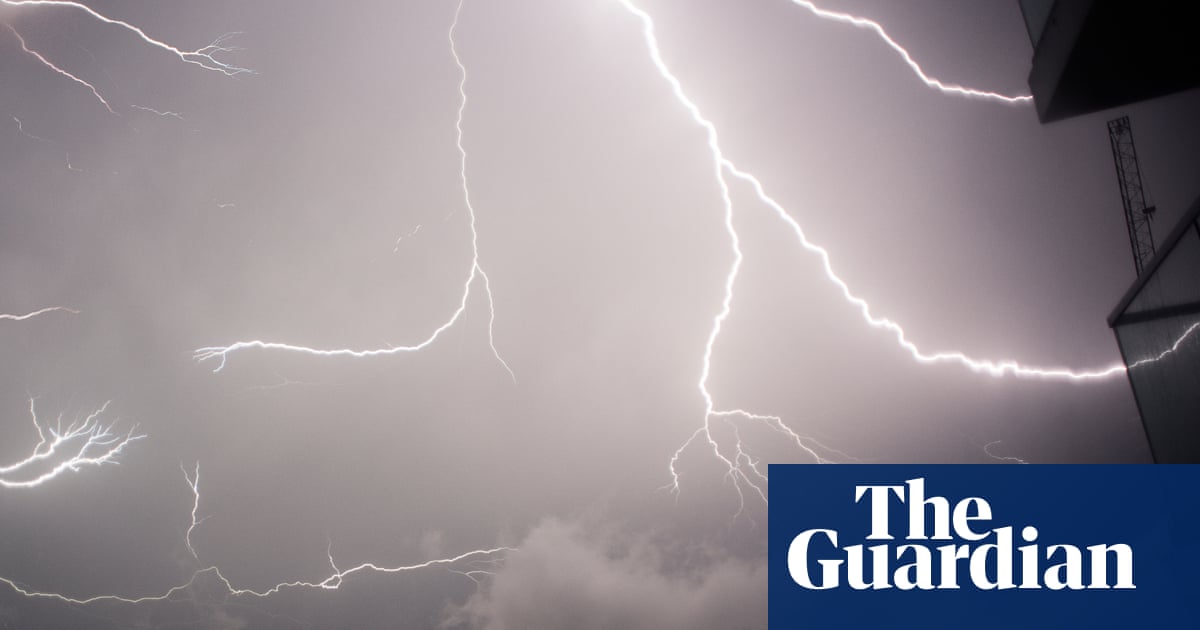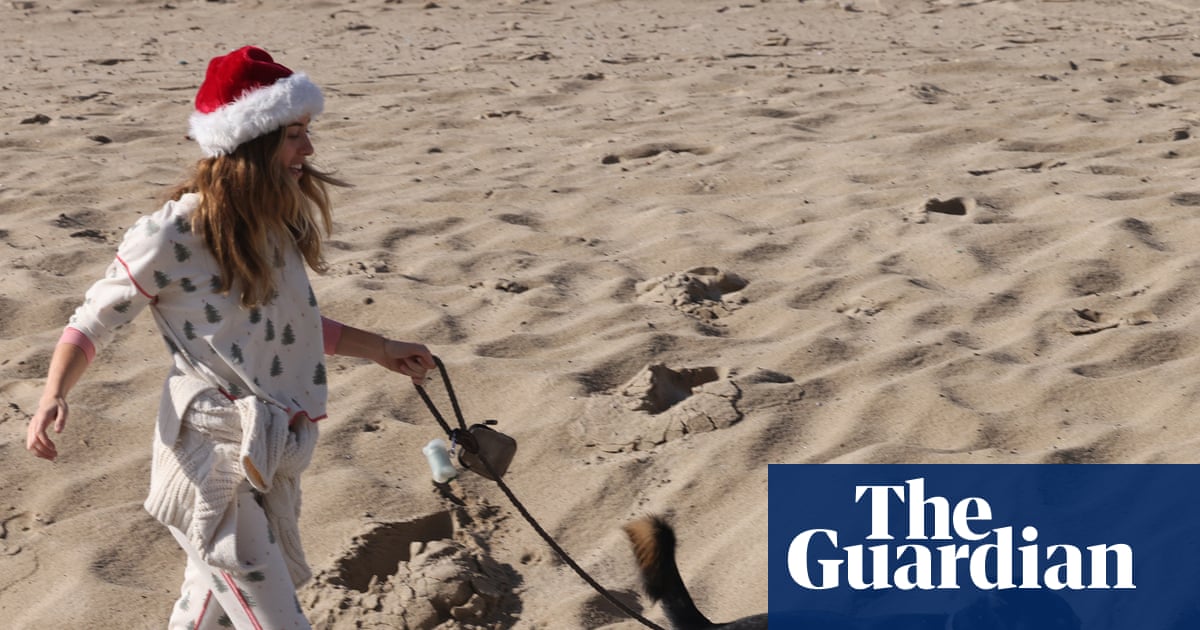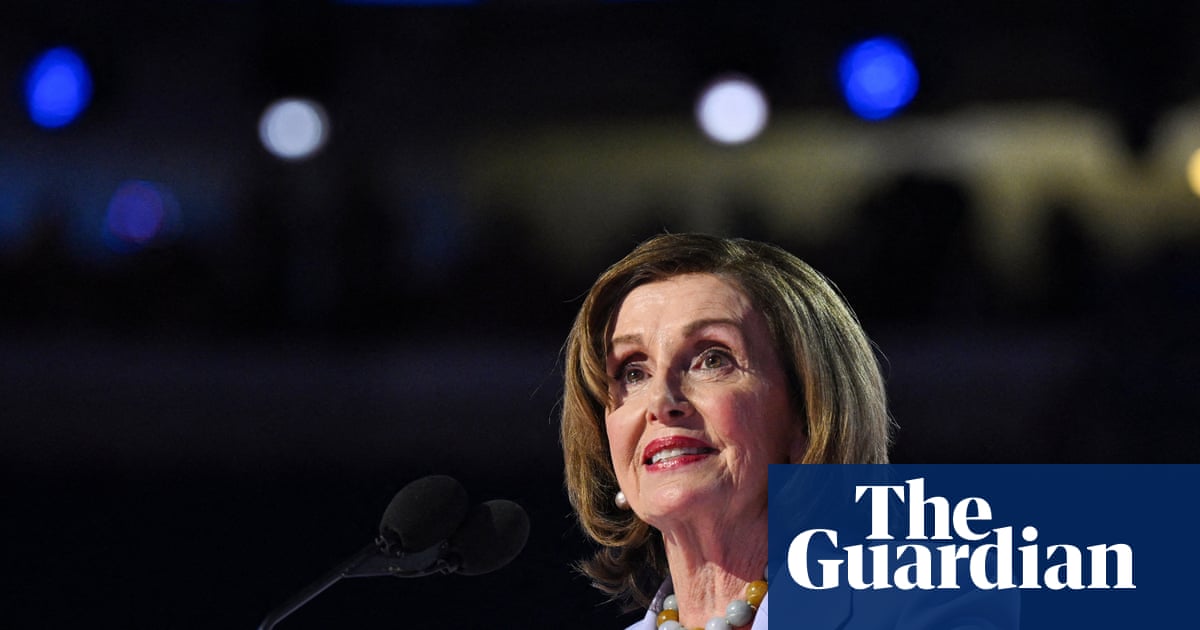Tehran and the UN nuclear inspectorate have reached an agreement that will allow UN inspectors to return to inspect all of Iran’s nuclear sites, including those bombed by Israel and the US in June.
The breakthrough, confirmed by Rafael Grossi, the director general of the International Atomic Energy Agency, came during a three-hour meeting on Monday between Grossi and the Iranian foreign minister, Abbas Araghchi, in Cairo.
Agreement on the return of the UN inspectors is one of the preconditions set by European leaders for them to defer a plan to reimpose sweeping UN sanctions on Iran at the end of this month.
Grossi described the agreement as “an important step in the right direction”, but said the full agreement would not be published. Inside Iran, some parliamentarians were demanding access to the agreement, but parliament is in recess for three weeks and their demands for details of the deal face practical hurdles.
Araghchi said: “In the text of the agreement with the agency, the parliament’s law has been explicitly accepted, and it has been stated that we must act within the framework of law. This means that everything must be approved by the supreme national security council.” Araghchi said the approval of the SNSC had been sought and secured.
Grossi underlined how difficult it had been to reach an agreement since the Iranian parliament had passed a law banning the return of the inspectors without guarantees about the future safety of Iran’s nuclear sites from further US or Israeli attacks, an assurance that is not in the UN inspectorate’s full gift.
He described the return of the inspectors as neither a simple nor automatic process. In essence, he said, this technical document with Iran gave access to “all facilities and installations in Iran, and it also contemplates the required reporting on all the attacked facilities, including the nuclear material”, a reference to Iran’s 440kg stockpile of 60% highly enriched uranium. The agreement was fully in line with the comprehensive safeguards agreement, he said.
He added that he had been encouraged by Iran’s statements that it was not seeking to leave the nuclear non-proliferation treaty, a step that would have removed the remaining obligations on Iran to allow inspectors to visit its nuclear sites.
The UN diplomat admitted the agreement had yet to be implemented and there might be difficulties in the process. But he hoped the deal “would be taken as a sign that agreement is possible and nothing replaces dialogue”.
One of Iran’s concerns is that the IAEA, an agency that is distrusted by Iranian conservatives, would feed the information it garnered to Israel or the US on the state of its nuclear plans and this would be used to refine further military assaults on Iran’s nuclear sites. There has been no definitive independent assessment of how badly Iran’s civil nuclear programme had been damaged by the strikes. The US and some in Europe believe Iran had been plotting to build a nuclear bomb.
Kaja Kallas, the EU’s foreign policy chief, said the agreement “could be a decisive step for nuclear diplomacy if implemented quickly by Iran”.

 3 months ago
46
3 months ago
46
